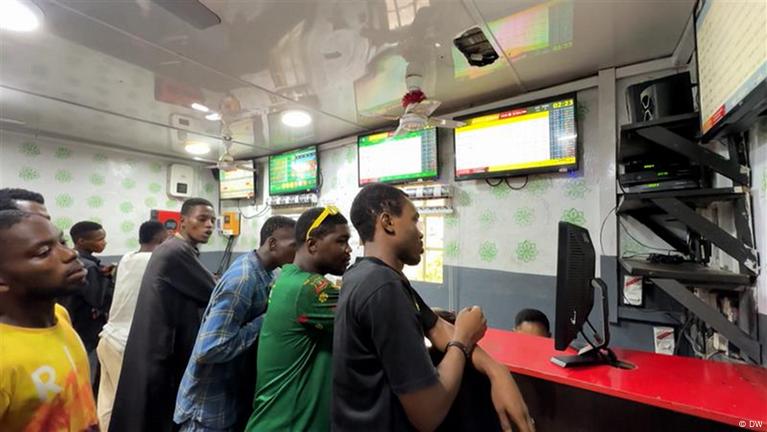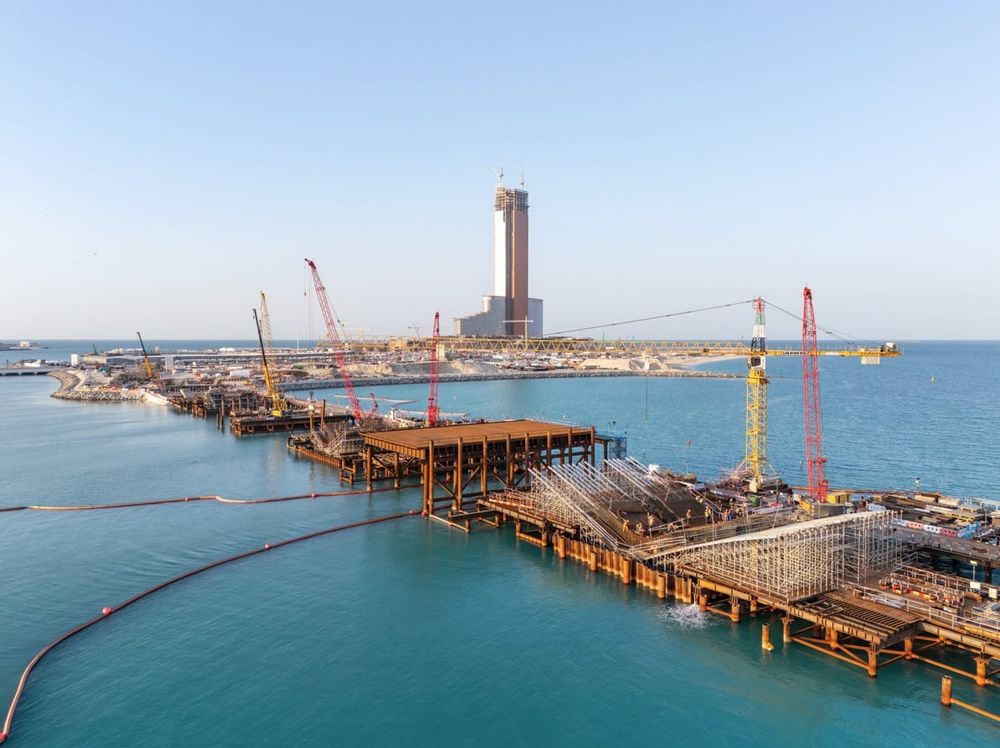Kenya’s Betting Control and Licensing Board (BCLB) has unveiled a sweeping regulatory proposal that could transform the country’s gambling industry. The move aims to tighten compliance, raise capital requirements, and weed out underfunded or non-transparent operators.

The most controversial element? A proposed KES 100 million security fee (roughly USD $750,000) that would replace the current KES 250,000 ($1,875) licensing threshold. The proposed fee is designed to safeguard bettors’ deposits and ensure that operators can sustain payouts and liabilities. Industry insiders warn the fee could cripple small firms and drive many into the informal market.
According to local outlet Tuko, the fee is part of the 2023 Gaming Control Bill, which is under review in Kenya’s National Assembly. The BCLB also plans to increase monitoring of payment flows, enforce advertising restrictions near schools and religious centers, and audit the more than 220 licensed firms operating in the country.
The crackdown follows leaked financial reports showing Kenyans wagered over KES 30 billion (USD $235 million) in a single month, triggering public outcry over the country’s rising gambling addiction.

In response, the Kenya Revenue Authority (KRA) has doubled down on tax compliance, reporting KES 24.2 billion ($189 million) in tax collection from the gambling industry in 2024 alone.
Supporters say the new measures will stabilize the sector and ensure operators are financially credible. Critics argue the reforms could result in fewer licensed options and greater consumer exposure to unregulated platforms.
Kenya Cuts Betting Tax to 5%—But Will Loopholes and Risk Rise?
BCLB executives argue that higher entry costs are necessary to restore confidence and align Kenya’s framework with global standards. Several African regulators are reportedly watching Kenya’s next steps closely as a model for regional reform. If passed, the new licensing rules could be implemented in early 2026, with existing operators required to comply or risk suspension.








































